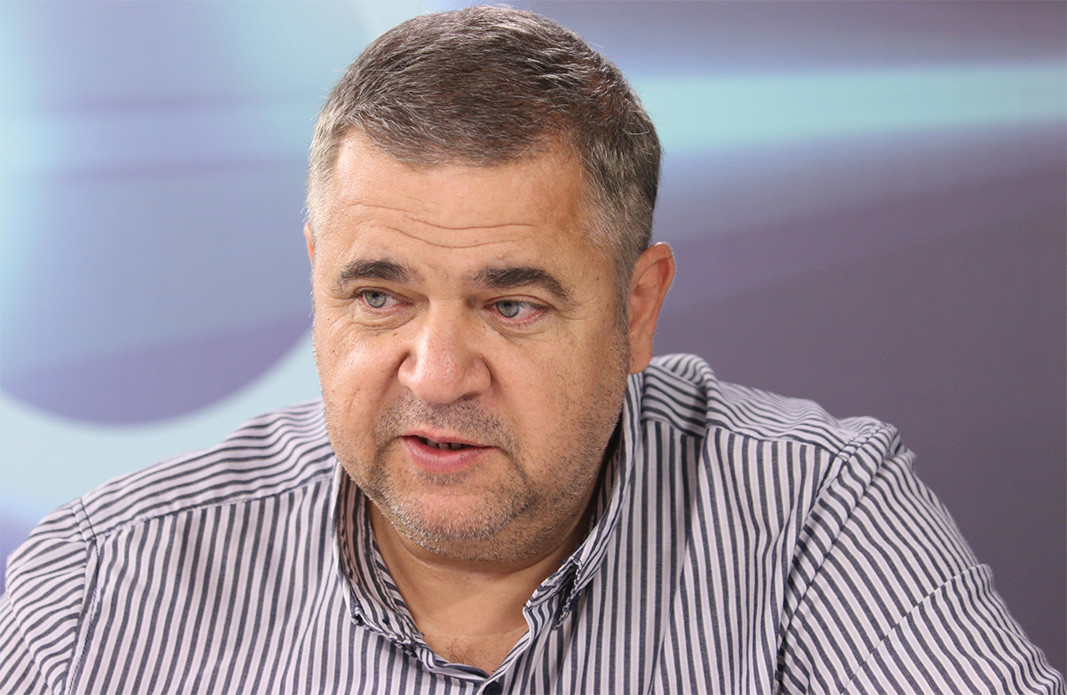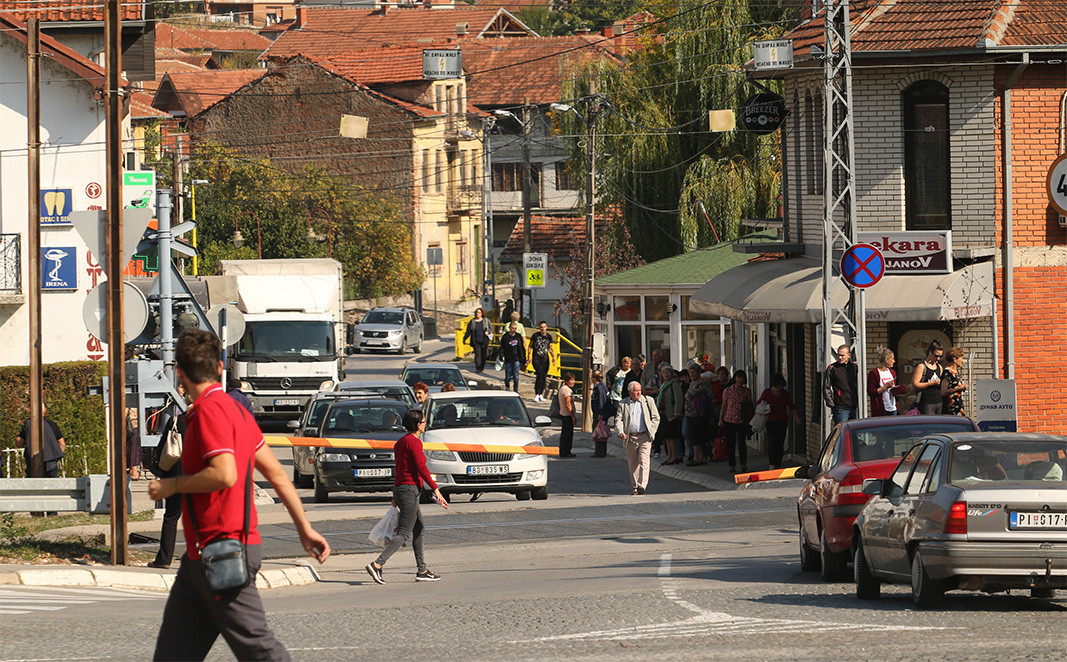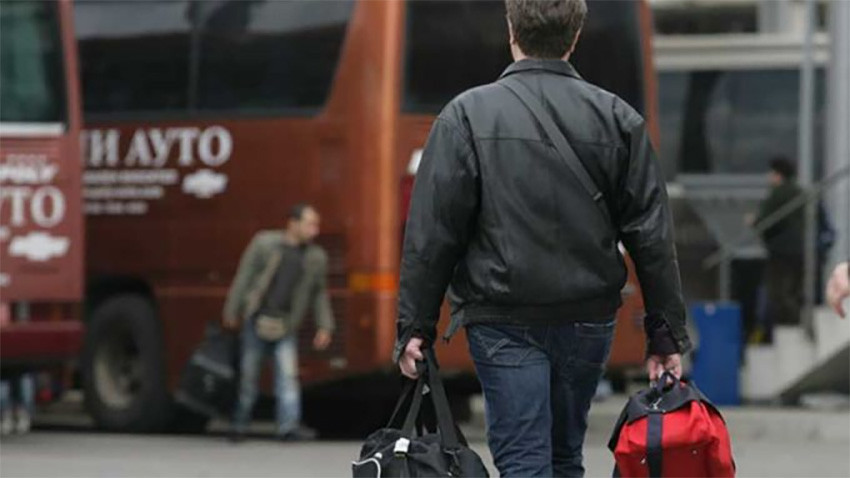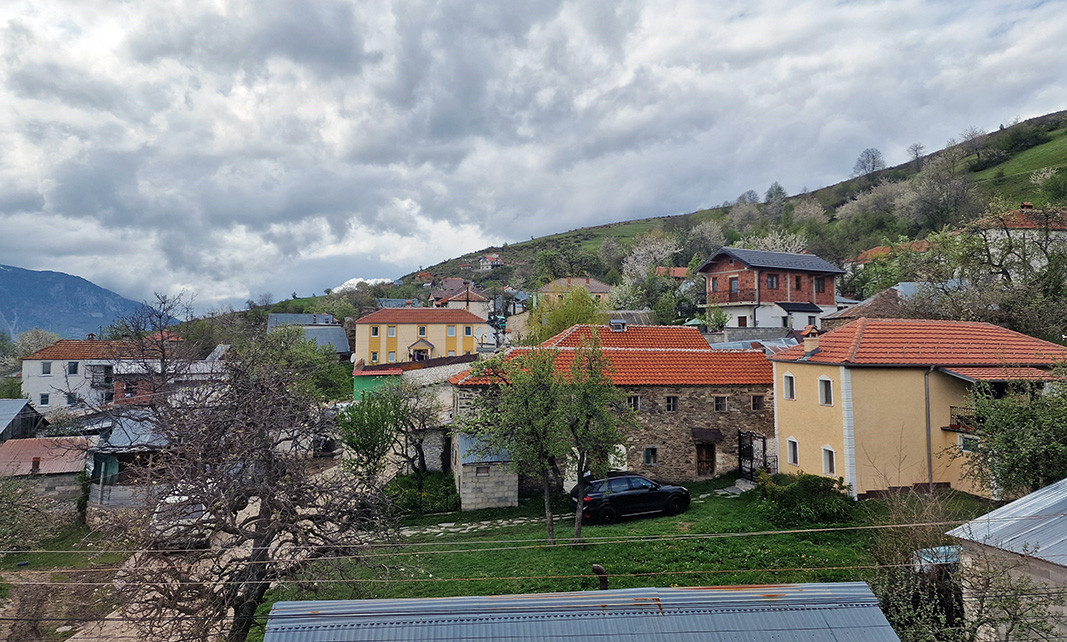The report of the Council of Ministers on the implementation of the "Demographic Development Strategy" in 2023 indicates that for the first time in 38 years, the ratio between population growth and decline in Bulgaria is almost zero. According to Associate Professor Spas Tashev from the Institute for Population and Human Studies at the Bulgarian Academy of Sciences, there has been a slight, slow, but steady improvement in demographic indicators over the years.
‘’As a scientist who deals with demography, I have expected that such a turnaround would eventually occur and that Bulgaria would begin to have positive population growth"– Associate Professor Tashev said in an interview with Radio Bulgaria. – According to the data presented, we are very close to zero population growth, but the growth is still negative. The data for last year shows a population decrease of 1,948 people. Over the years, the population of the country has been decreasing by 50,000 to 70,000 people annually, which meant that an average-sized city in Bulgaria disappeared each year", says the demographer, adding that the data is based on current demographic statistics that take into account four processes occurring among the population: birth rates, mortality, emigration and immigration.


"We have Bulgarians in the near neighborhood. I mean the Western Outlands in Serbia, which are located 50 km from Sofia. We have Bulgarians in North Macedonia, very close to the towns of Kyustendil, Blagoevgrad and Pernik—it's not a problem for them to come to Sofia. We have Bulgarians in Kosovo and Albania. I checked with the National Employment Agency. It turned out that only one employment contract for a Bulgarian from Albania is registered, while according to our legislation, people of Bulgarian descent do not need a work permit to work in Bulgaria. The employer is simply required to register such an employment contract with the National Employment Agency. Why aren’t these people coming? Because we create obstacles. We do not certify their Bulgarian origin. This is a huge conflict, a problem in our country that practically reaches anti-Bulgarian dimensions."
Spas Tashev referred to Bulgarians in Albania and Kosovo who live in mountainous areas. Their livelihood is primarily based on mountain farming. Following the general trend of urbanization, more than 80% of them have left their homelands since 1990 and migrated to large cities in Albania or to Western Europe.
''Where is Bulgaria's opportunity? Part of the population in Albania and Kosovo has a traditional inclination toward labor migration"– the scholar recalls. – This means that the male population, mainly engaged in construction, leaves their homeplaces during the active season, while the rest of their family members stay in those areas because there are still schools there. Their wives, grandparents and other family members can stay there. The income they receive is sufficient, given the standards in Albania and Kosovo, to support their families throughout the year. Thus, through seasonal migrations—which should be the modern equivalent of the traditional labor migration—we can attract a population that can mainly be used in tourism. During the rest of the time, these people can stay in their homeplace, cultivate their land and maintain their properties. The short distances between Bulgaria and their settlements allow for this type of migratory relationship to be maintained, preventing the depopulation of these areas", Associate Professor Spas Tashev went on to say.

Romanian police and military personnel worked as mercenaries in Congo According to a report by the Romanian Ministry of the Interior, 11 of its employees worked as mercenaries in Congo while on sick leave, Digi24 reported. The Ministry..
Since its establishment on April 11, 2022, the Institute for Computer Science, Artificial Intelligence and Technology – INSAIT has achieved a number of successes and continues to position Bulgaria on the world's technological map...
Shortly after the opening of the motorcycle season in Sofia at the end of March, Bulgaria's capital city will host the country's largest motorcycle exhibition . The event takes place from today until April 14 at Arena 8888 Sofia . Between 700 and..
Shortly after the opening of the motorcycle season in Sofia at the end of March, Bulgaria's capital city will host the country's largest motorcycle..
Since its establishment on April 11, 2022, the Institute for Computer Science, Artificial Intelligence and Technology – INSAIT has..
Romanian police and military personnel worked as mercenaries in Congo According to a report by the Romanian Ministry of the Interior, 11..

+359 2 9336 661
